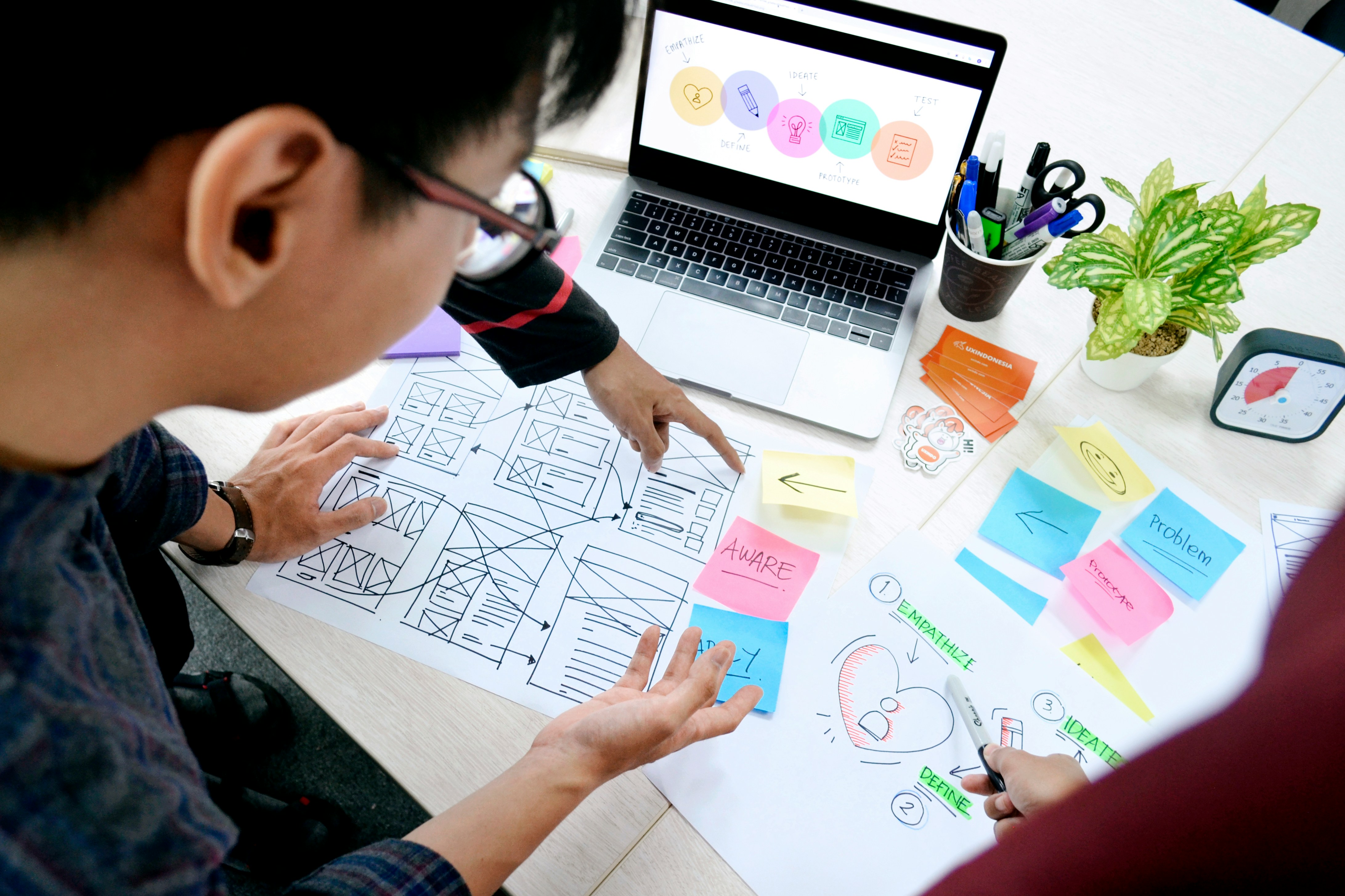Content
User-centric design, also known as human-centered design, is an approach to product development that focuses on understanding the needs, desires, and behaviors of users. Instead of designing based solely on aesthetics or technical requirements, user-centric design emphasizes empathy and user feedback throughout the design process.
Empathy is the foundation of user-centric design and drives meaningful interactions and experiences. Conduct thorough user research to gather insights into user behaviors, motivations, and pain points. Embrace an iterative design process that involves prototyping, testing, and refining your designs based on user feedback. Prioritize usability by designing interfaces that are intuitive, efficient, and easy to navigate. Ensure that your designs are accessible to users of all abilities, including those with disabilities.
User-centric design minimizes the risk of developing products that fail to resonate with users or meet market demands. By validating design decisions early and often, you can mitigate potential risks and save time and resources. User-centric design fosters meaningful interactions and connections between users and products. By addressing user pain points and providing value, you can increase user engagement and retention. By understanding user behaviors and preferences, you can identify opportunities for innovation and differentiation in the market. User-centric design encourages creative problem-solving and fosters a culture of innovation within organizations.


